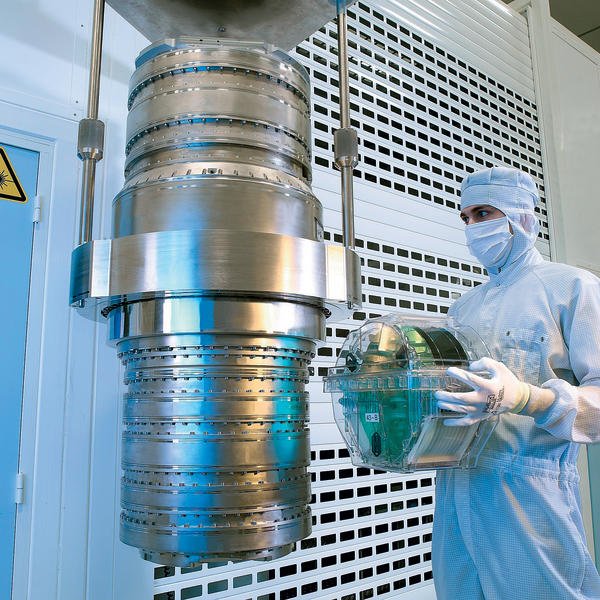Decoupling the global semiconductor supply chain would be a challenging and costly endeavor, according to a senior executive at ASML, the world's leading chip equipment maker. Christophe Fouquet, ASML's EVP and CBO, stated in an exclusive interview with Nikkei Asia that building a fully self-reliant chip industry would be extremely difficult for any single country. He emphasized the importance of cooperation in the semiconductor industry, stating that success in the sector lies in collaboration rather than isolation.

Fouquet explained that ASML's success is attributed to its longstanding partnerships with critical global suppliers, such as Zeiss and Cymer, as well as the support from its key chipmaking customers, including Taiwan Semiconductor Manufacturing Co. and Intel. ASML, headquartered in the Netherlands, is the sole manufacturer of cutting-edge chip equipment called extreme ultraviolet (EUV) lithography machines, which enable the production of advanced semiconductors below the 7-nanometer level. The company's machines play a critical role in the production of high-performance chips such as those used in the iPhone 14 Pro and Nvidia's graphics processors.
ASML's partnerships with suppliers like Zeiss, the provider of precision mirror systems, and Cymer, the exclusive supplier of the EUV light source, have given the company a competitive edge. These partnerships have allowed ASML to move faster and more effectively compared to its competitors, such as Nikon and Canon in Japan and Shanghai Micro Electronics Equipment in China, who have yet to match ASML's capabilities in cutting-edge lithography. The absence of domestic chip lithography manufacturers in the United States further highlights ASML's unique position in the industry.

While ASML embraces cross-border collaborations, it believes that having a single supplier is preferable for the most sophisticated components. Fouquet highlighted the significant investment in Zeiss for EUV optics and explained that having multiple suppliers for such technology would not be cost-effective. However, for less advanced technology, ASML is open to working with multiple suppliers.
ASML emphasized the importance of keeping research and development (R&D) and manufacturing together, with the bulk of its production taking place at its headquarters in the Netherlands. The company aims to maintain about 80% to 90% of its production and integration at its headquarters until at least 2026. ASML's close proximity to its R&D facilities and manufacturing operations enables efficient collaboration and innovation.
ASML is also committed to sustainable practices, aiming to reuse 95% of its machine parts by 2025. The company operates repair centers and warehouses to categorize and collect used components. Additionally, ASML is expanding repair centers near its chipmaking customers to reduce carbon emissions.
Furthermore, ASML works closely with other leading chip equipment manufacturers, including Tokyo Electron, Lam Research, and Applied Materials, to ensure the seamless integration of their machines into a complete chip production line. The collaboration starts early in the machine development stage, and all parties are highly dependent on each other.
Fouquet concluded by stating that ASML's lithography machines are highly complex and difficult to replicate. The company has invested significant resources in designing its machines, making it a challenging task for competitors to copy their technology. He compared it to asking the Van Gogh Museum in Amsterdam to reproduce original paintings, emphasizing the uniqueness and complexity of ASML's machines.
ASML is currently the most valuable semiconductor equipment company globally, with a market capitalization of approximately $288 billion. Despite the downturn in the chip industry, the company expects strong growth in 2023, with net sales predicted to increase by over 25% and a slight improvement in gross margin compared to 2022.







